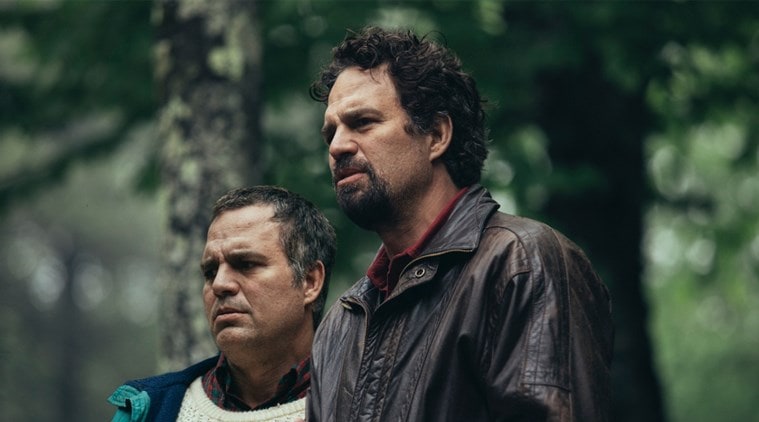 I Know This Much Is True is streaming on Disney+ Hotstar.
I Know This Much Is True is streaming on Disney+ Hotstar.
In the HBO miniseries I Know This Much Is True, Mark Ruffalo essays the double role of identical twin brothers. Based on the eponymous 1998 novel, the six-episode fare is written and directed by Derek Cianfrance.
Ruffalo’s characters, Dominick and Thomas Birdsey, do not resemble each other much beyond looks. While Dominick has to deal with the difficulties of life like the rest of us, Thomas is a man who suffers from paranoid schizophrenia.
When tragedy strikes the lives of both brothers, it falls on Dominick to protect his brother from harm and, um, self-harm. They grew up under the care of their mother and step-father, the latter of whom was too fond of giving tough love.
Their mother never explained who their father is or was and whether he is alive. The only answer she gave was digression to some other topic.
I Know This Much Is True is a well-made miniseries. First off, Mark Ruffalo is an absolute revelation. We’ve known for a long time that he is a great actor, but how great? Well, this great. You have to watch I Know This Much Is True to understand what I am saying here. His performance is beyond words here. And this may be the best work of his career.
I am less convinced of the miniseries as a whole. While there is nothing wrong in the writing, plotting and its atmosphere, it is often hard to watch, at least for me, due to all that misery and tragedy. One thing it does really well, and which paradoxically makes it difficult to go through, is its unflinching, often too brutal, depiction of mental illness.
Despite being put off by that tone, I kept watching the episode, and that was solely due to Mark Ruffalo being an out-and-out master of the craft and subsuming himself in the role(s) like nobody else.